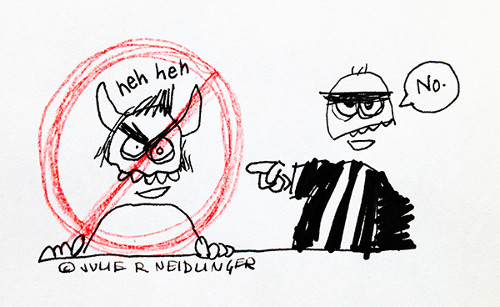Directions
- Wake up
- If Monday, Wednesday, Friday then shave
- Evacuations
- Stretch
- If Monday, Tuesday, Wednesday, Thursday, Friday, Saturday then perform series of 120 pushups/leg-lifts/elbow-to-knee-crunches in the following intervals: 30/40→40/30/40→40/30/40→40/30*
- If Saturday then run seven miles*
- Pour glass of fresh apple juice
- Take multivitamin and vitamin-C pellets
- If Monday, Wednesday, Saturday then fill one ~6.5cm radius and ~7.0cm height saucepan to ~80% filtered water (NOTE: the same volume of water in a larger pot would be easier)
- Place saucepan onto burner cranked up to the highest setting
- Add two pinches of salt
- Add slightly more than enough Thompson raisins to cover the bottom of saucepan
- When water begins to boil, turn heat down to ~45% and add enough rolled five grain cereal (barley, oats, rye, wheat, triticale) so that it will represent 10% to 20% of the total amount of cereal
- Immediately add enough old-fashioned rolled oats to make up the remaining 80% to 90%
- The recently added rolled cereals should be moving almost freely in the boiling water (the contents of the saucepan should resemble an already thickening “cereal soup”)
- Wait for two to three minutes; if done right, the cereal will be of the desired consistency: soft, but not mushy and not without granular definition
- While waiting, drink some apple juice and fill two Blender Bottles each ~35% full with unsweetened soy milk, add one-half serving of chocolate-flavored plant-based protein powder** to each Blender Bottle, add orb mixer thingamajig and mix powder into soy milk for both Blender Bottles, and finally cap and shake fervently (UPDATE 2014/12/03: my body doesn’t take well to long term and regular intake of protein powder so I use protein powder intermittently, but YMMV)
- Turn heat down to ~20%
- Add one heaping spoonful of coconut oil to saucepan, stir (UPDATE 2014/12/03: like the protein powder, my body does not always take well to long term and regular intake of pure oils, such as coconut oil and olive oil, so I use coconut oil intermittently, but YMMV)
- Add a modest amount of maple syrup (must be grade A or grade B maple syrup!), stir
- Add three heaping spoonfuls of unsalted creamy peanut butter to saucepan, stir slowly so as to not make a mess
- Cover saucepan with lid
- Turn heat down to ~10% to ~20%
- Take shower
- Divide contents of saucepan into the two Blender Bottles (it is recommended that this is done over the sink)
- Add mixture of sliced-almond/pumpkin-seed/powdered-cinnamon/ground-flax-seed/chia-seed/unsweetened-coconut-flakes/sesame-seed to the top of each blender bottle for nutrients and crunchiness (this should be made ahead of time and stored in a mason jar—choose the desired proportions of ingredients)
- Fill each Blender Bottle to the brim with unsweetened soy milk, screw on lids, and shake some more
- Drink remainder of apple juice
- Share extra serving with a friend or loved one, or put in the fridge for the following day’s breakfast
- Dress
- Grab napkin and drive to work, enjoying breakfast during commute
* Yes, exercise is a necessary ingredient.
** If you dislike protein powder or prefer not to use it, eat one-half to one serving of Greek yoghurt while making your oatmeal (to make up for missing protein).
PSA: If routine consumption of this meal (or one like it) is what you are going after, first start out with a large bowl of plain oatmeal made only of old-fashioned oats, milk, raisins and cinnamon. You have to be content eating every last spoonful without the addition of any sugars or sweeteners—the raisins are all you get. If you can manage this for a month, without skipping this new breakfast regiment, then a jog or three around the block will not be such an ordeal.




